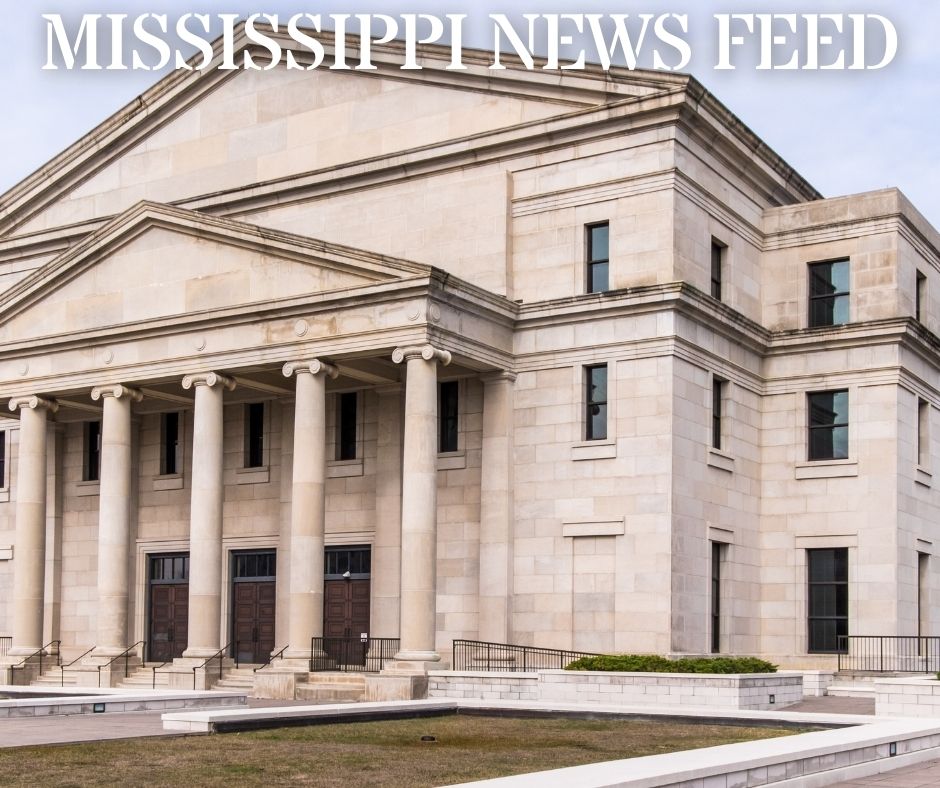Mississippi Today
Back when boxing really mattered, and Ali was king of the world

Today's question: Who is the current heavyweight boxing champion of the world?
Someone asked me that recently. I had not a clue.
Two or three decades ago, this would have been unthinkable. For most of this writer's life, the world's heavyweight boxing champion was among the most famous human beings on the planet. You, as I, can probably name them: Joe Louis, Rocky Marciano, Floyd Patterson, Sonny Liston, Muhammad Ali, Smokin' Joe Frazier, George Foreman, Mike Tyson, Evander Holifield, Lennox Lewis… and that's where my interest pretty much ends.

Before we go any farther, I should answer the original question. I googled the answer. The current heavyweight champion of the world is Oleksandr Usyk of Ukraine. He won the undisputed title last month, defeating Great Britain's Tyson Fury in a split decision in a fight held in Riyadh, Saudi Arabia.
I had not been aware.
This would have been heresy way back in the 20th century when boxing really mattered and even the most casual of boxing fans readily recognized the heavyweight champion of the world. I followed the sport closely then, and not just the heavyweights. Smaller guys such as Sugar Ray Leonard, Tommy “Hit Man” Hearns, Roberto “No Mas” Duran were international celebrities, well known to all.
Boxing was all over TV on the major networks. I grew up watching the Friday night fights with my dad on NBC. They were sponsored by Gillette razors, which at a tender age I thought quite appropriate since at least one of the combatants always appeared to have lost a battle with razor blades. I well remember my dad pointing out a Black fighter named Sugar Ray Robinson one Friday night and telling me, “That man is pound for pound the greatest boxer I've ever seen.” I don't think I knew exactly what that meant but I do remember at fight's end the other guy looked like he had lost a battle with razor blades.
We didn't get much live professional boxing in Mississippi back then. The State Golden Gloves tournament was held each year at the Sports Arena at then-Mississippi Southern College, right across Highway 49 from where we lived. Brother Bobby and I thought we might want to try that one year and Dad went and bought us some 16-ounce gloves at Smokey's Sporting Goods. After about two minutes of our first sparring session, we both decided we'd stick to Little League baseball. Boxing hurt. Bad. We said, “No more” long before Duran said “No was.”
But we continued to follow the sport, especially when a young, fast talking, faster punching man named Cassius Clay emerged as a contender to the heavyweight title then held by Sonny Liston. Liston was a heavily muscled, ferocious looking fighter. An ex-convict who had learned to fight in prison, Liston had won 28 consecutive fights, mostly by knockout. He had knocked out the great Floyd Patterson in the first round of his two immediately previous fights.
This was 1964. Clay whipped Liston, converted to Islam and changed his name to Muhammad Ali, and then whipped Liston again in a first-round knockout marred by controversy. Many observers thought Liston took a dive. After watching the replay, I sure thought he might have.
I'm going to make a really long story short here. Ali won a few fights as champion but refused to be drafted into the U.S. Army as a conscientious objector to the war in Viet Nam. He was stripped of his boxing license in all 50 states, and Joe Frazier became the heavyweight champion. Ali did not fight for more than three years, which should have been the prime of his boxing career.
Fight fans everywhere clamored for an Ali-Frazier fight. Problem was, there was no place that would sanction the fight, What many Mississippians might know is this: Ever so briefly, Ali and Frazier agreed to a fight at Mississippi Coliseum to be held on Dec. 15, 1969. At a press conference in Philadelpiha – the one in Pennsylvannia – Ali said he had been granted a license by the Mississippi Boxing Commission, something that had not been publicized at all in the Magnolia State. Turns out it was a most temporary license.

A few days later, the Mississippi Boxing Commission issued a statement that its members had voted unanimously not to issue a license to Ali. We missed out on a chance at being the center of the boxing universe.
But when the first of three All-Frazier fights finally did happen on March 8, 1971, at Madison Square Garden, Mississippi Coliseum did provide a closed circuit televised viewing of the match. Tickets were scaled from $5 all the way up to $12. I made the trip from Hattiesburg to watch. I sprung for a $12 ticket – pretty much a king's ransom for me at the time, on the lower level, near the screen.
My guess would be the crowd was upwards of 4,000 in attendance, nearly all male and about 50-50 African American and Caucasian. I do remember well that most of the Black attendants were clearly pulling for Ali, and most of the white ones, present company excluded, were pulling for Frazier. And I do remember that we missed the first two of three rounds because of technical issues with the closed circuit feed. Trust me: Nobody, Black or white, was happy about that. We seemed a few seconds away from a riot before we finally got a picture.
It was, as all three eventual Frazier-Ali fights were, a brutally contested classic. Frazier floored Ali with an evil hook in the 15th round and eventually won a unanimous decision. You probably know that Ali would go on to win difficult fights when they met again three and four years later.
I covered the Sept. 15, 1978, fight at the Louisiana Superdome when Ali decisioned Leon Spinks to regain the heavyweight title for an unprecedented third time. As fate had it, I sat near the ring in the VIP-media section, right next to Larry Holmes, who had formerly been Ali's sparring partner. On the other side of Holmes, was promoter Don King. Both openly cheered for Ali, perhaps in anticipation of the huge pay day that would come two years later when Holmes easily defeated Ali in Las Vegas, That was Ali's next-to-last fight. I was present, chills running down my spine, when Ali, trembling noticeably from Parkinson's, lit the Olympic torch in 1996 in Atlanta.
Ali died 20 years later on June 3, 2016. He had outlived Joe Frazier by nearly five years. As it turns out, boxing has died a much slower death.
From 2016, Mississippi remembers Muhammad Ali.
This article first appeared on Mississippi Today and is republished here under a Creative Commons license.
Mississippi Today
Mississippi Today launches collaboration with JPMorganChase
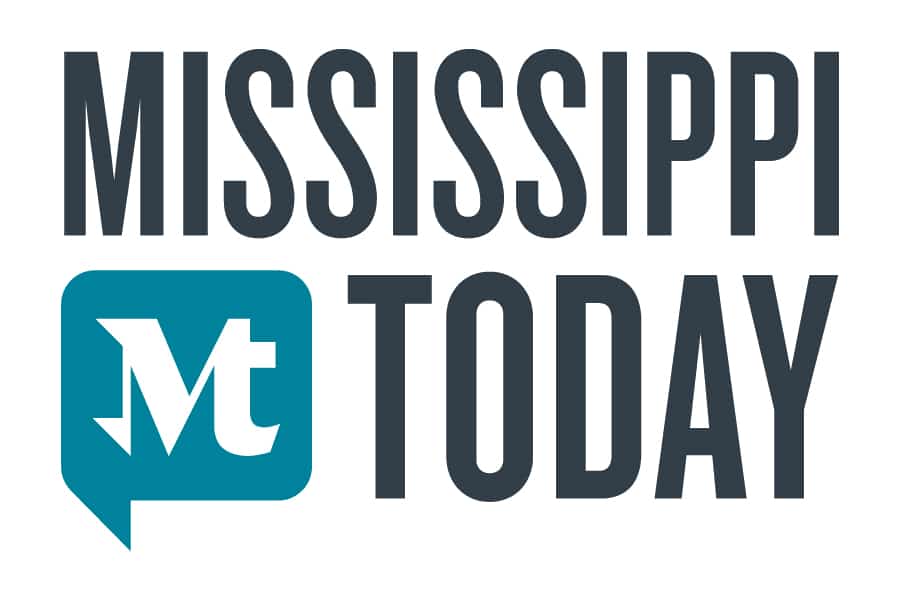
The American Journalism Project today announced it is teaming up with JPMorganChase to support local news organizations throughout the country. In addition to providing funding for the American Journalism Project's national efforts to rebuild local news, JPMorganChase is sponsoring eight nonprofit newsrooms nationwide, sharing ongoing financial health content, organizing local events, and providing expertise tailored to their unique challenges to help meet their business and operational goals. This work with JPMorganChase marks the first time the American Journalism Project is collaborating with a financial services firm.
“As the largest bank in the country, this commitment from JPMorganChase sends a powerful signal that corporations can play an integral role in rebuilding local news,” said Sarabeth Berman, CEO of the American Journalism Project. “The investment and scale will infuse resources in a thrilling new generation of news outlets that are working to ensure local news is available to all, strengthening and informing communities.”
“The evidence is clear that a thriving local news ecosystem is key to more civic engagement and a healthy democracy. JPMorganChase believes supporting sustainable models for local news is essential to meeting information needs, strengthening communities and fostering inclusive economic growth,” said Andrew Gray, Managing Director of Regional Communications for JPMorganChase. “The American Journalism Project is playing a key role in supporting the sector by growing local news from the ground up so outlets can independently thrive. We're proud to be a part of this effort, and engage locally to identify the best opportunities where we can make an impact.”
JPMorganChase will work directly with eight local nonprofit news organizations in the American Journalism Project's portfolio, including:
- THE CITY (New York City), a nonpartisan news outlet that serves the people of New York through independent journalism that holds the powerful to account, deepens democratic participation, and makes sense of complex issues.
- Block Club Chicago, a newsroom dedicated to delivering reliable, relevant, and nonpartisan coverage of Chicago's diverse neighborhoods.
- Mississippi Today, which as part of the Deep South Today nonprofit news network is providing free nonpartisan news to inform communities statewide and ensure accountability from public officials.
- Cityside (San Francisco Bay Area), a nonpartisan digital news organization building community through local journalism with three local news sites, Berkeleyside, The Oaklandside and Richmondside.
- Montana Free Press, a nonpartisan, public-powered news organization dedicated to reaching and serving the information needs of all Montanans by producing in-depth news, information, and analysis.
- Signal Ohio, a statewide news organizations with newsrooms in Cleveland and Akron, committed to producing high-quality accountability journalism while working directly with residents to produce and distribute community reporting that is free to access for all
- Fort Worth Report, producing independent, factual news coverage that aims to find solutions for community issues and strengthen a diverse and rapidly growing city and home county.
- Spotlight Delaware, a community-powered, collaborative newsroom covering the impact of public policy, increasing access to information and civic engagement in historically underserved communities, and strengthening existing newsrooms throughout the state.
“Deep South Today is grateful for this opportunity to partner with JPMorganChase to further build the capacity of Mississippi Today to deliver essential local news to the communities it serves,” said Warwick Sabin, President and CEO of Deep South Today. “We look forward to working closely with them over the long term to achieve a healthier democracy and civil society through journalism that informs, engages, and inspires more Mississippians.”
AJP is the leading venture philanthropy working to address the market failure in local news. It is establishing and advancing a new generation of nonprofit local news organizations across the country. Founded in 2019, AJP is built on the evidence that robust journalism is an essential component of a healthy democracy. To date, AJP has raised $175M from local and national funders to address the local news crisis and has backed 44 news operations across 33 states.
JPMorganChase is a leading financial services firm and one of the oldest financial institutions in the U.S. It serves millions of customers, clients, and communities in 100+ global markets. This collaboration with AJP is part of the bank's overarching efforts to support local journalism.
About the American Journalism Project
The American Journalism Project is a venture philanthropy dedicated to local news. We believe in civic journalism as a public good and are reimagining its future by building a model to finance and sustain the local news our democracy requires. We make grants to local nonprofit news organizations to build their revenue and business operations, partner with communities to launch new organizations, and meteor leaders as they grow and sustain their newsrooms. To learn more about the American Journalism Project, visit our website.
About JPMorganChase
JPMorgan Chase & Co. (NYSE: JPM) is a leading financial services firm based in the United States of America (“U.S.”), with operations worldwide. JPMorgan Chase had $4.1 trillion in assets and $337 billion in stockholders' equity as of March 31, 2024. The Firm is a leader in investment banking, financial services for consumers and small businesses, commercial banking, financial transaction processing and asset management. Under the J.P. Morgan and Chase brands, the Firm serves millions of customers in the U.S., and many of the world's most prominent corporate, institutional and government clients globally. Information about JPMorgan Chase & Co. is available at www.jpmorganchase.com.
This article first appeared on Mississippi Today and is republished here under a Creative Commons license.
Did you miss our previous article…
https://www.biloxinewsevents.com/?p=371661
Mississippi Today
On this day in 1870
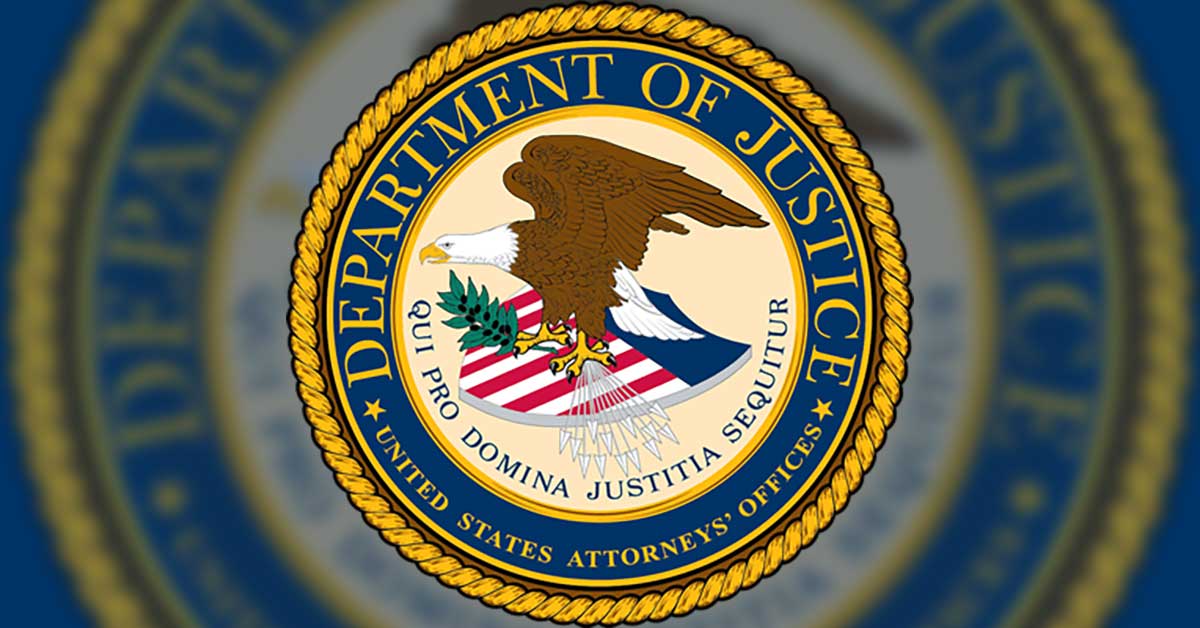

JULY 1, 1870
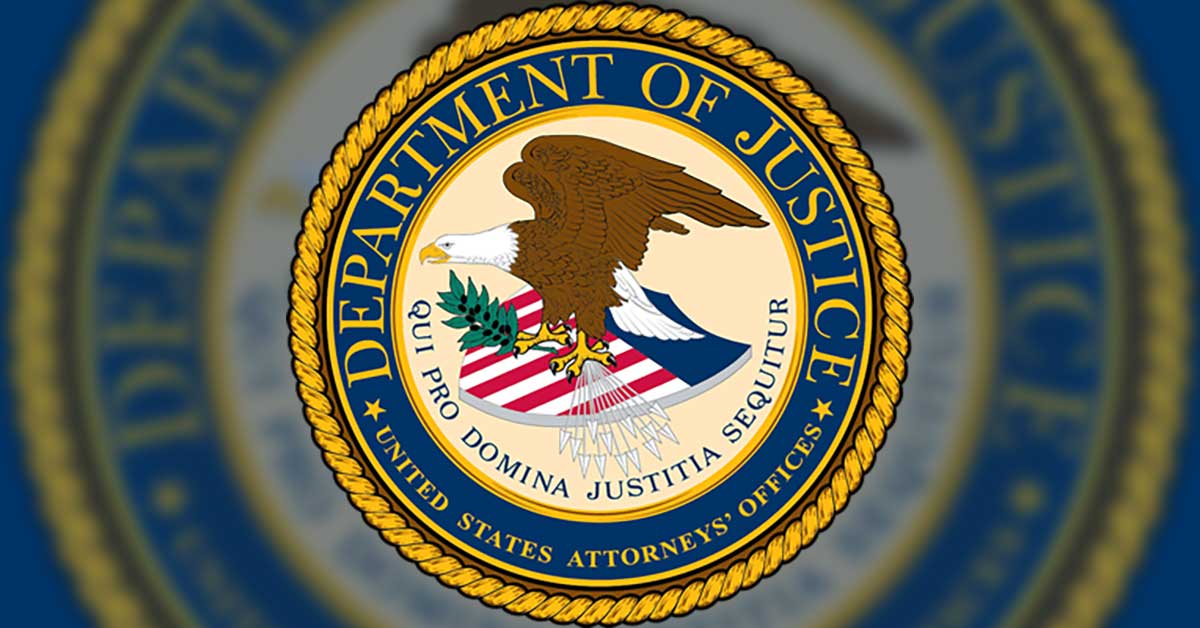
Congress created the Department of Justice to handle the flood of post-Civil War litigation. President Ulysses S. Grant appointed Amos T. Akerman, whose priority became the protection of Black voting rights from attacks by the Ku Klux Klan and similar groups.
Congress aided that fight by passing additional laws that gave the department powerful tools to fight these violent white supremacist groups. These new laws enabled Akerman to obtain hundreds of convictions across the South. On one day in November 1871, 250 men in a South Carolina county confessed membership in the Klan.
Historian William McFeely wrote of Akerman, “Perhaps no attorney general since his tenure … has been more vigorous in the prosecution of cases designed to protect the lives and rights of Black Americans.”
But instead of rewarding Akerman, Grant dismissed him, and the battle to preserve these voting rights became less of a priority.
This article first appeared on Mississippi Today and is republished here under a Creative Commons license.
Did you miss our previous article…
https://www.biloxinewsevents.com/?p=371655
Mississippi Today
Podcast: State Democratic Chair Taylor remains committed to Biden
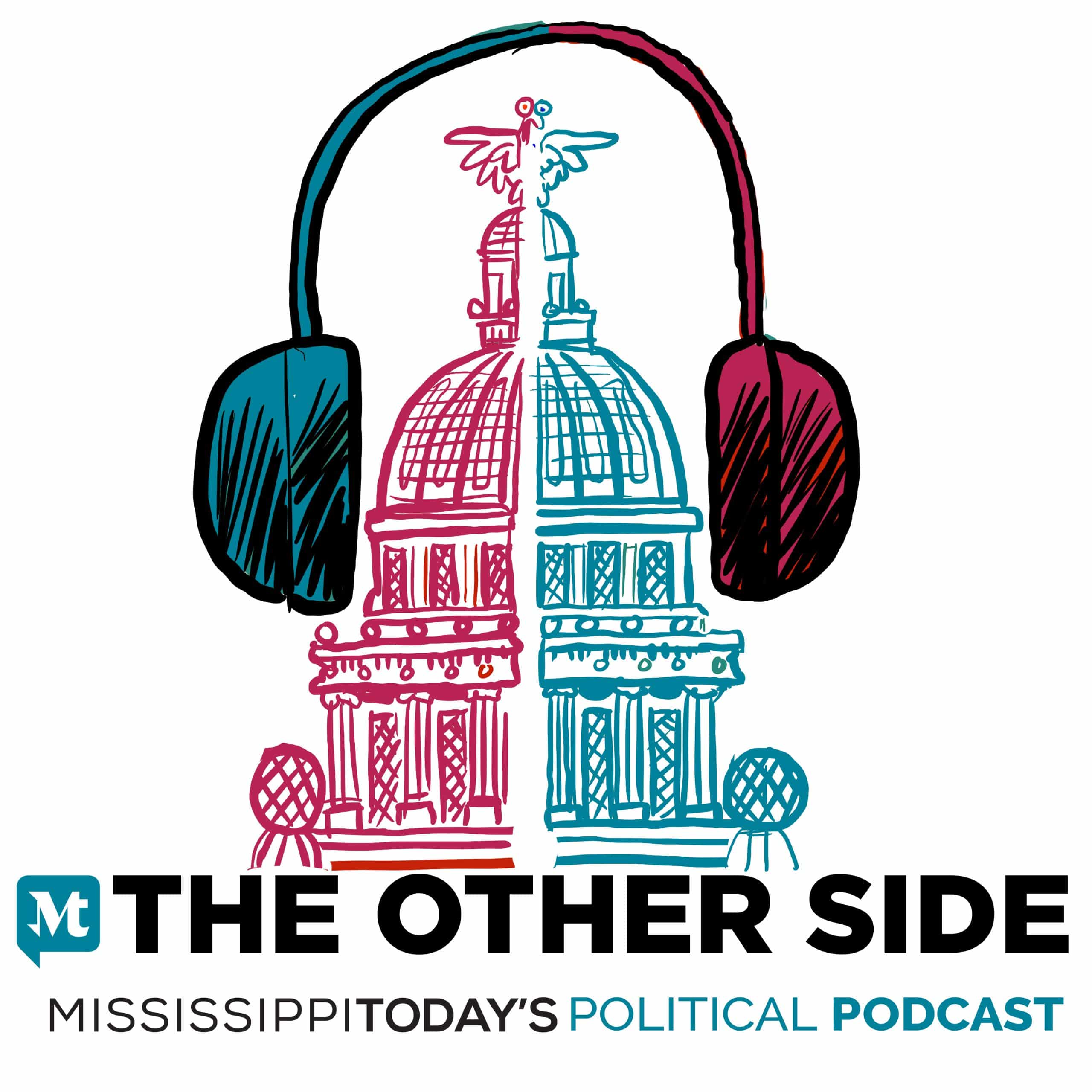
Mississippi Today's Bobby Harrison and Geoff Pender interview Mississippi Democratic Party Chairman Cheikh Taylor about President Joe Biden's debate performance and the future of the Democratic Party in Mississippi. Taylor, a state House member from Starkville, also expressed hope that the Legislature will finally approve Medicaid expansion in the 2025 session.
This article first appeared on Mississippi Today and is republished here under a Creative Commons license.
Did you miss our previous article…
https://www.biloxinewsevents.com/?p=371600
-
Mississippi News4 days ago
Pearl under boil water notice due to E. coli
-
Mississippi News Video7 days ago
Tropical Update 6/24/24
-
The Center Square6 days ago
Environmental groups urge Louisiana officials to oppose One Lake Project | Louisiana
-
Mississippi News Video7 days ago
Cummins apologizes to families of victims
-
Mississippi News Video6 days ago
Natchez woman sentenced in 2022 shooting death of mother
-
Our Mississippi Home6 days ago
Newspapers Aren’t Just for Reading…Read On
-
Mississippi News Video6 days ago
Eight Days of Hope heading to Iowa to help flood victims
-
The Center Square7 days ago
Op-Ed: When will Mississippi expand school choice programs? | Opinion



























